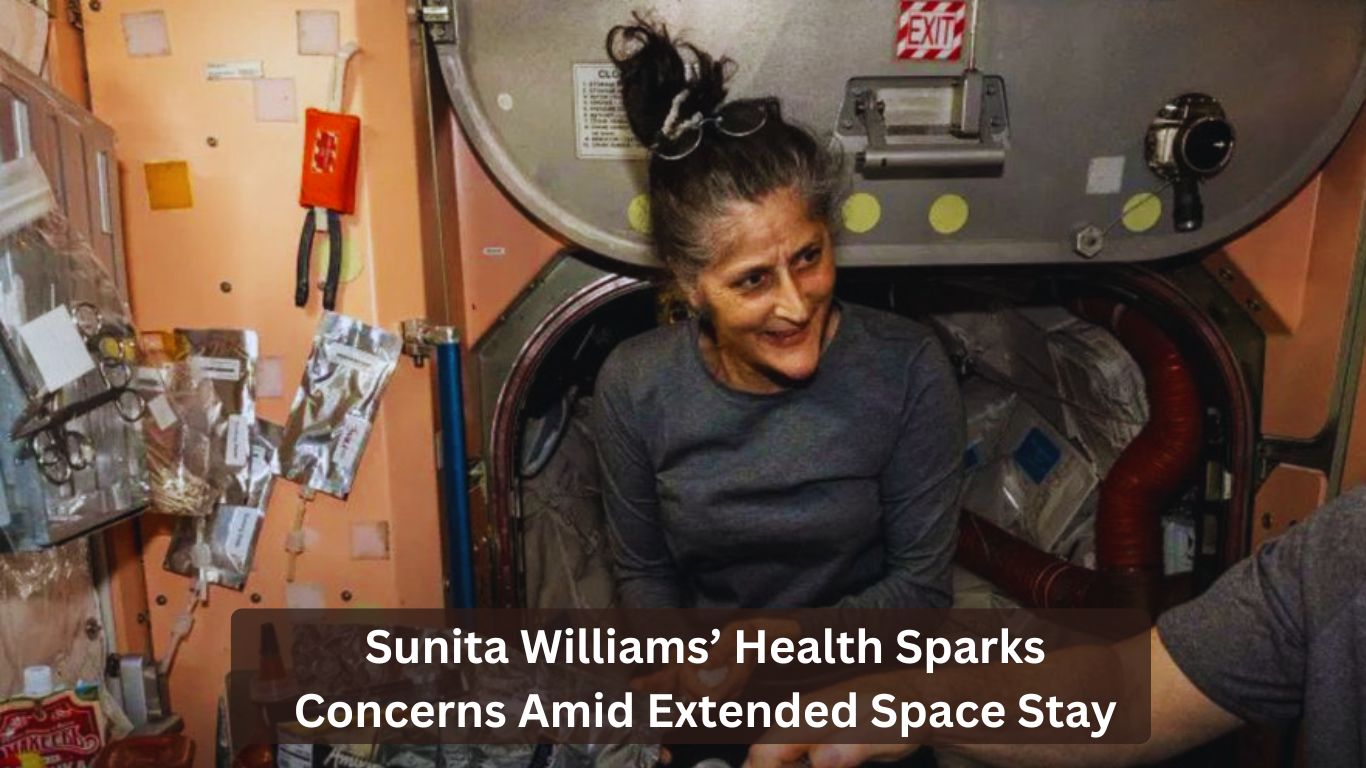Astronaut Sunita Williams’ extended stay in space has raised health concerns, with conflicting reports about her physical condition. Originally scheduled to stay for 10 days, her mission has now been extended until 2025 due to unforeseen issues. While NASA officials claim she is in good health, Dr. David Shaker, a leading expert, has highlighted several anomalies.
According to Dr. Shaker, Williams has experienced unexpected muscle growth in her thighs and buttocks—an unusual development given that microgravity typically causes muscle atrophy. He also noted that her nutrition levels appear low, which could explain other physical irregularities. Dr. Shaker attributes these changes to fluid shifts caused by microgravity, a phenomenon that often redistributes bodily fluids and affects various systems.
“Microgravity usually leads to muscle shrinkage, not expansion, making this case unique,” Dr. Shaker remarked. He added that prolonged exposure to space could lead to mental and physical health challenges, including depression and anxiety.
Despite these concerns, NASA Chief Administrator Bill Nelson assured the public that Williams is in good health. He emphasized her resilience and adaptability in the challenging environment of space, stating that the team is closely monitoring her condition.
The discrepancy between NASA’s statements and Dr. Shaker’s observations has sparked debate about the health implications of extended space missions. Prolonged stays in space are known to impact bone density, muscle mass, and mental health, requiring careful monitoring and advanced countermeasures.
As Williams’ mission continues, experts stress the need for transparency and robust health protocols to ensure her well-being. This case underscores the physical and psychological challenges of long-term space travel, raising important questions for future missions.















